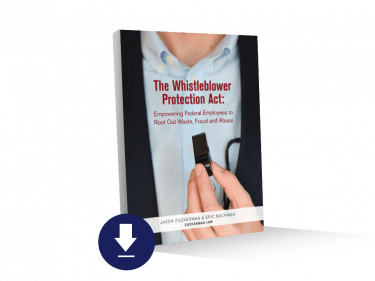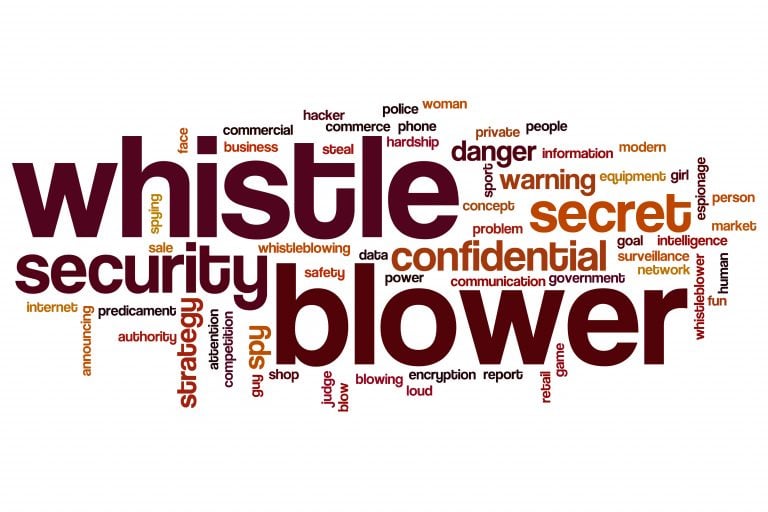In Benton-Flores v. Dep’t of Defense, 2014 MSPB 60 (July 31, 2014), the Board reversed an AJ’s decision holding that an IRA appellant failed to exhaust her administrative remedies before OSC and clarified that an AJ should consider all allegations contained throughout the entire record, including the initial OSC complaint and other written correspondence. The Board held:
We do not read the narrative of her MSPB Form 185-1 as limiting her appeal strictly to the harmful procedural error and EEO retaliation issues, to the exclusion of the whistleblower retaliation allegations contained in each of her other submissions. The administrative judge must consider the allegations that the appellant raised throughout the entire record before deciding to dismiss an IRA appeal for lack of jurisdiction. See Hoback v. Department of the Treasury, 86 M.S.P.R. 425, ¶ 6 (2000).
This decision underscores the importance of whistleblowers documenting exhaustion of remedies before the Office of Special Counsel. In particular, an IRA appellant should have written documentation, such as the OSC complaint or other written submissions to OSC, showing that the whistleblower alleged disclosures protected by the Whistleblower Protection Act and personnel actions covered by the WPA.
Guide to the Whistleblower Protection Act
Whistleblower attorneys Eric Bachman and Jason Zuckerman, former senior officials at the U.S. Office of Special Counsel, have released a guide for federal employee whistleblowers titled The Whistleblower Protection Act: Empowering Federal Employees to Root Out Waste, Fraud and Abuse and is available for download by clicking here.
Drawing on their experience enforcing the WPA at OSC and representing whistleblowers in private practice, the guide provides an overview of the WPA and offers practical tips for navigating some of the challenging issues that often arise in whistleblower cases. Topics covered include:
- What Disclosures are Protected Under the Whistleblower Protection Act?
- Does the Whistleblower Protection Act Protect Employees Who Exercise an Appeal or Grievance Right?
- Prohibited Forms of Whistleblower Retaliation
- Proving Knowledge of Protected Whistleblowing
- Proving Causation
- What is an Agency’s Burden to Avoid Liability Once the Whistleblower Has Proved Causation?
- Seeking Relief from Retaliation
- Election of Remedies
- Can OSC Seek a Stay of a Personnel Action?
- Damages or Remedies for Retaliation
- Gag Orders and Non-Disclosure Agreements
Experienced Whistleblower Protection Act Attorneys
Zuckerman Law has represented whistleblowers before the Office of Special Counsel, Offices of Inspectors General, and Congressional oversight committees. The firm is uniquely qualified to represent whistleblowers in the federal government because two of the firm’s attorneys served in senior roles at the U.S. Office of Special Counsel.
- Eric Bachman served as Deputy Special Counsel, Litigation and Legal Affairs, OSC, where he spearheaded an initiative to combat whistleblower retaliation at the Department of Veterans Affairs. During Bachman’s tenure at OSC, the number of favorable actions for whistleblowers increased by over 50% agency-wide.
- Jason Zuckerman served as Senior Legal Advisor to the Special Counsel at OSC, where he worked on implementation of the Whistleblower Protection Enhancement Act and several high-profile investigations.
The firm has represented whistleblowers testifying before the House Financial Services Committee and vigorously opposed efforts to silence whistleblowers. The whistleblower protection lawyers at Zuckerman Law have also helped federal employees combat unlawful gag provisions in agency policies or agreements. To learn more about the WPA, read our outline published by Practical Law: Whistleblower Protections Under the Whistleblower Protection Act.
If you are seeking representation in a whistleblower protection case, click here, or call us at 202-262-8959 to schedule a consultation.








